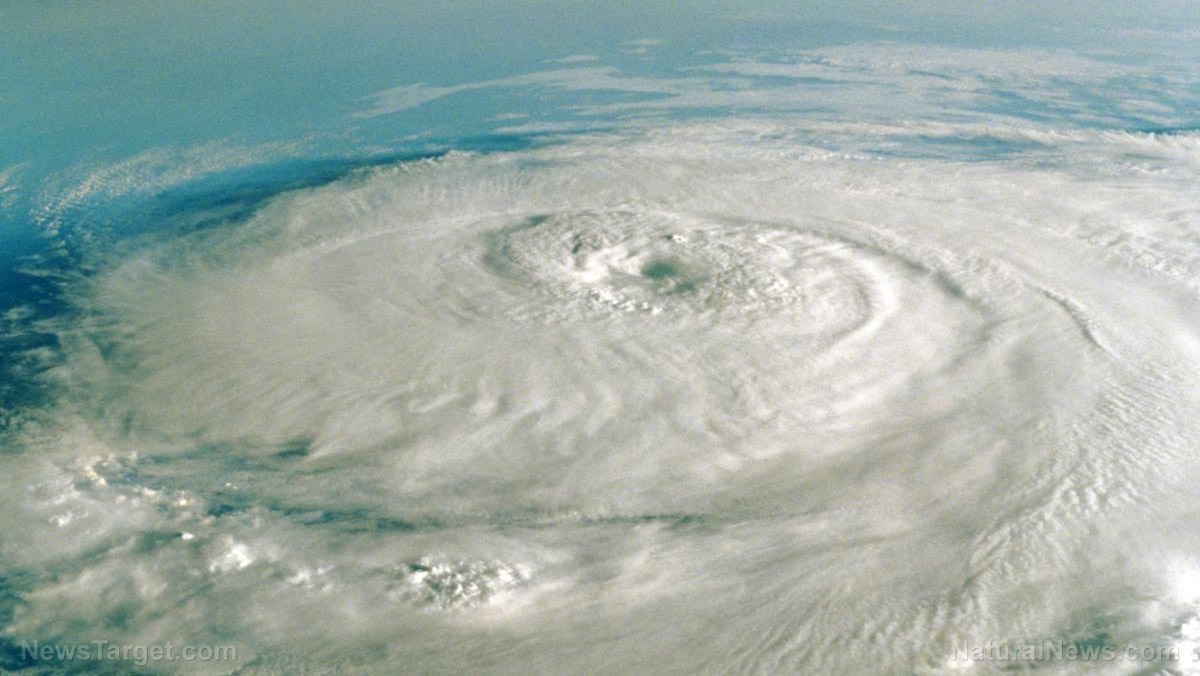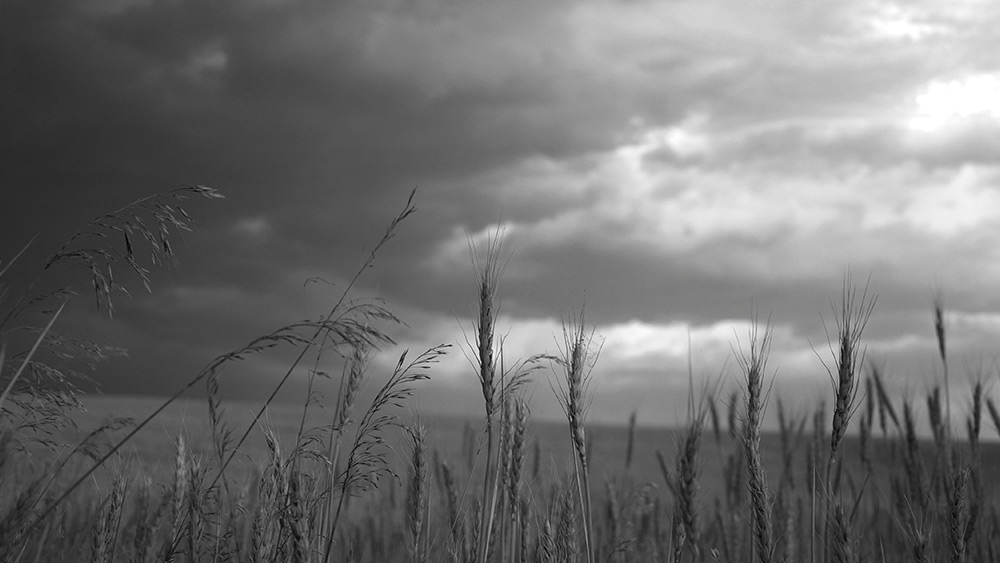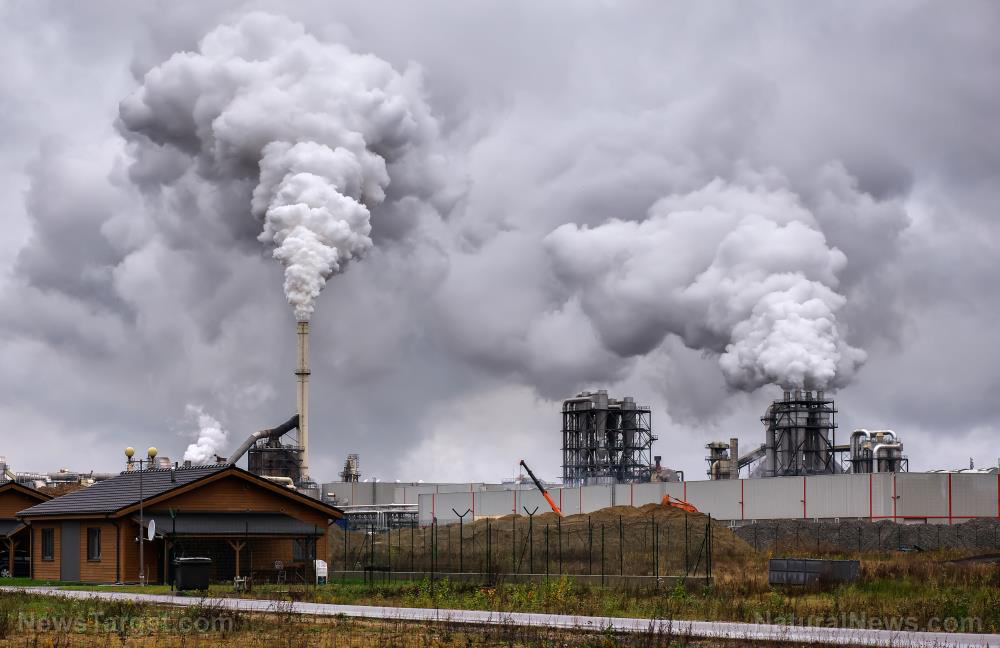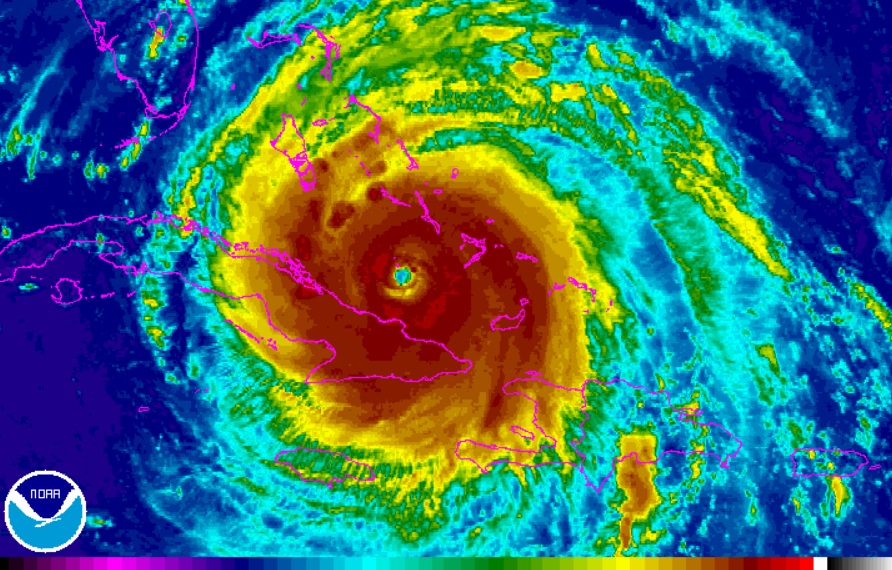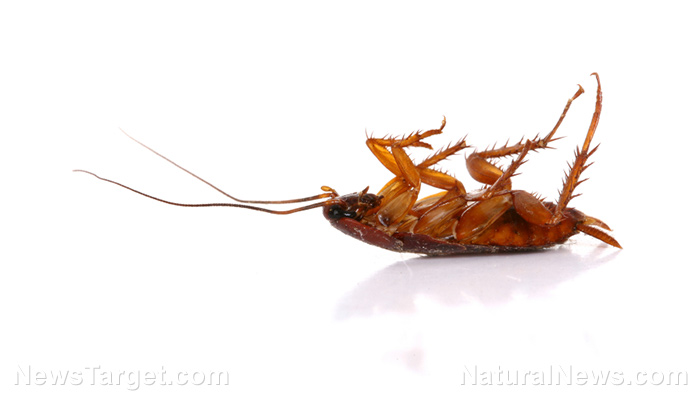More than one-fifth of plant species are classified as “threatened” due to human-induced habitat loss
12/26/2019 / By Michael Alexander
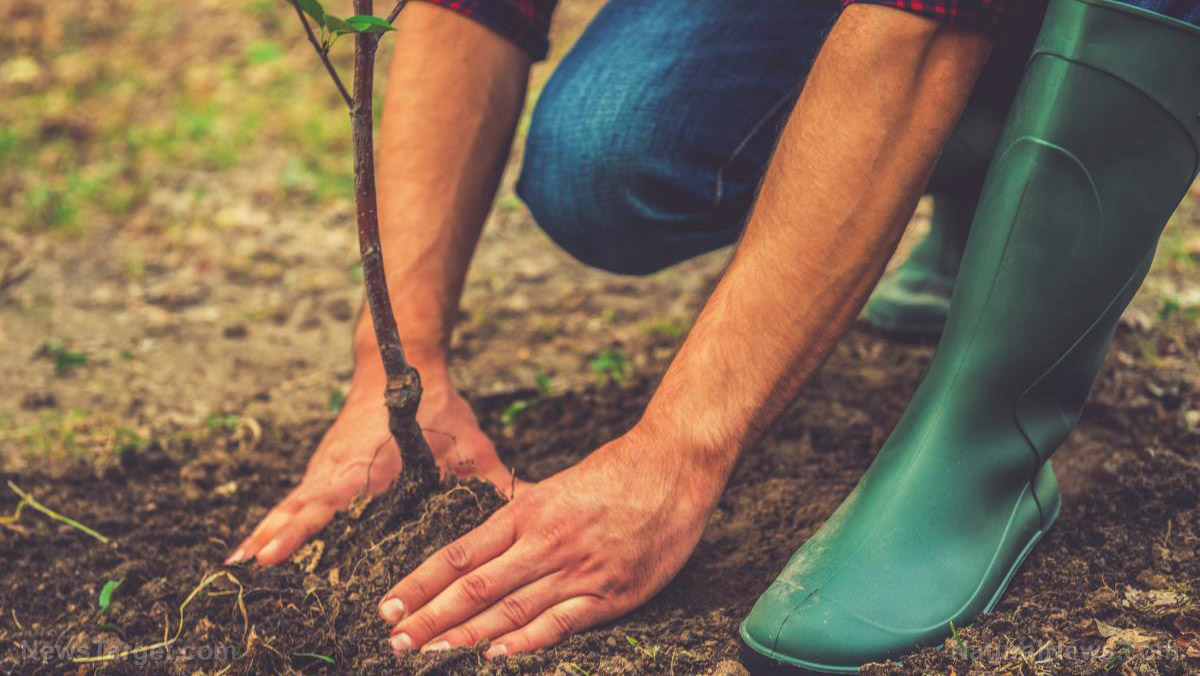
At the rate that plants are disappearing, experts warn that in the future, the idiom “God’s green earth” may end up becoming just a figure of speech and nothing more.
According to a recent paper published in the journal Nature, Ecology and Evolution, 571 plant species are no longer found on Earth — more than twice the number of birds, mammals and amphibians currently recorded as extinct.
The researchers involved in the study — scientists from the Royal Botanic Gardens Kew and Stockholm University — said they analyzed all available plant extinction records and information gathered from fieldwork, as well as cross-examined literature and herbarium specimens, to arrive at the figure.
According to Aelys M. Humphreys, assistant professor at the Department of Ecology, Environment and Plant Sciences at Stockholm University, this study gives an overview of what plants have already become extinct, as well as the places they have disappeared from and how quickly the extinctions are happening, noting that it offers an “unprecedented window into plant extinction in modern times.”
Among the plants included in the list is the banded trinity (Thismia americana), which the researchers said, has not been seen since 1916. Another plant on the list is the Chile sandalwood (Santalum fernandezianum), a tree endemic to the Juan Fernandez Islands between Chile and Easter island, which was heavily exploited for its wood and scent.
Rafael Govaerts, a botanist for Kew and a co-author of the study, said most of the species on the list were eradicated through man-made habitat loss.

“It’s very bad. We’re already past a runaway point. Every species that becomes extinct is supporting other organisms that also become extinct at the same time,” Govaerts said in a statement published in The Telegraph.
“The English oak for example, if it were to go extinct, there are around 400 species and animals that rely on it so the implications are far wider than just losing one species of plant,” Govaerts added.
According to the researchers, the plant extinction is happening as much as 500 times faster than “natural” or normal background rates, with islands, tropical areas and areas with a Mediterranean climate noted as having the highest rates of extinction. These areas, according to the researchers, are important, as they often harbor unique species not found anywhere else on Earth, most of which are extremely vulnerable to human activities.
The results of the study elaborate on the findings from a 2010 paper released by the Royal Botanic Gardens Kew.
Despite these initial findings however, the researchers also discovered one surprising thing during the course of their research: more species were alive than had been reported extinct.
According to the researchers, while more than 1,000 plants were believed to have become extinct, they were actually still alive, both in patches in the wild and in botanical gardens.
“Plants underpin all life on earth, they provide the oxygen we breathe and the food we eat, as well as making up the backbone of the world’s ecosystems — so plant extinction is bad news for all species,” Eimear Nic Lughadha, co-author and conservation scientist at Kew, said. He added that this new understanding of plant extinction will help us predict and try to prevent future extinctions of plants and other organisms.
“Millions of other species depend on plants for their survival, humans included, so knowing which plants we are losing and from where will feed back into conservation programs targeting other organisms as well,” Lughadha said.
Sources include:
Submit a correction >>
Tagged Under:
biodiversity, conservation, deforestation, Ecology, environ, environment, extinction, habitat, plant species, Plants, reforestation, research, trees
This article may contain statements that reflect the opinion of the author





